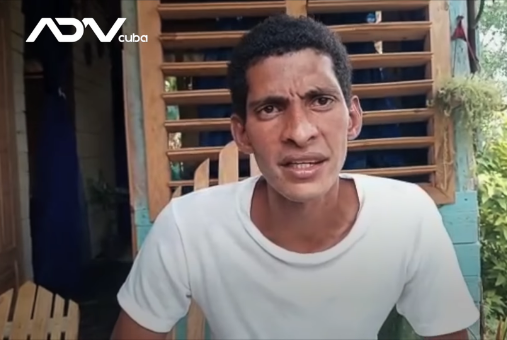
Cuban independent journalist Yoel Acosta Gámez is one of the first to be fined under the new Decree-Law 35, which regulates telecommunications services on the island but, in practice, tightens control over the use of the internet and social media.
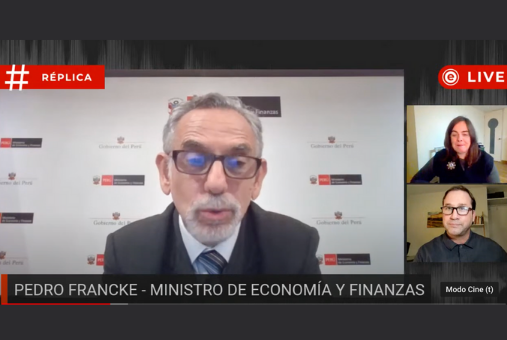
Epicentro TV was born as a kind of cooperative of six journalists who left one of the most prestigious television news programs in Peru, Cuarto Poder, after a credibility crisis in the traditional Peruvian media during the polarized elections of April and June 2021.
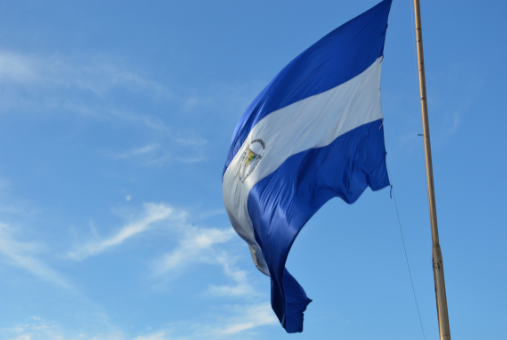
Nicaraguan newspaper La Prensa is under investigation and workers are prohibited from entering the building, located in Managua, after the national police raided it on Aug. 13.
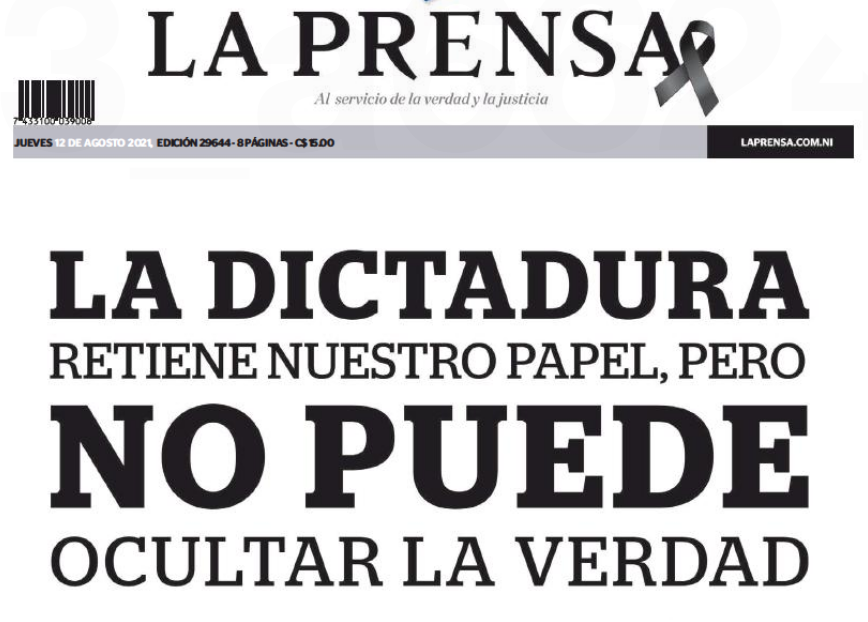
Newspaper La Prensa of Nicaragua circulated in print for the last time on Aug. 12, at least temporarily, due to the lack of raw materials, the publication reported. La prensa said it will continue to report through social media and its website.
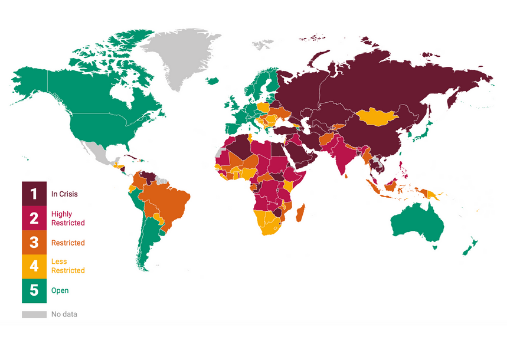
Brazil, Nicaragua, Bolivia, El Salvador and Venezuela registered the greatest drops in Latin America in Article 19’s freedom of expression scale over the last decade.
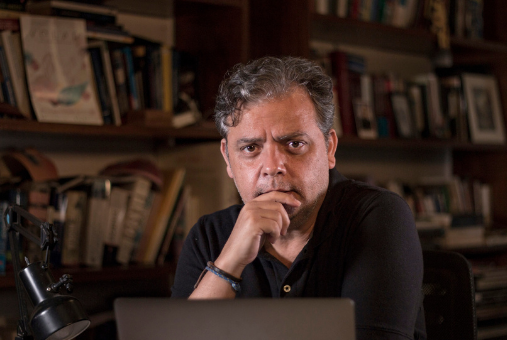
Since 1998, El Faro has fought a gutsy battle for accountability in this country of 6.5 million people in Central America, bordered by Guatemala and Honduras.
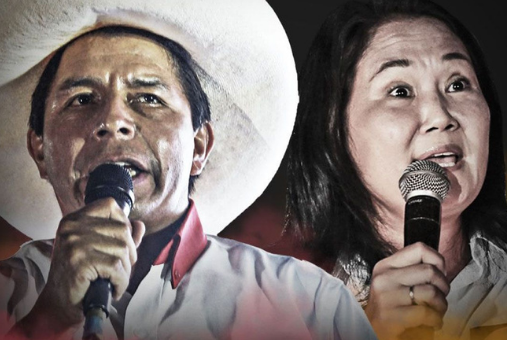
After the scandal and controversy unleashed by the dismissal and resignation of journalists from channels owned by Grupo La República and Grupo El Comercio due to disagreements over electoral coverage, came the decision of the Ethics Court of the Peruvian Press Council, which determined that the channels violated their guiding principles.
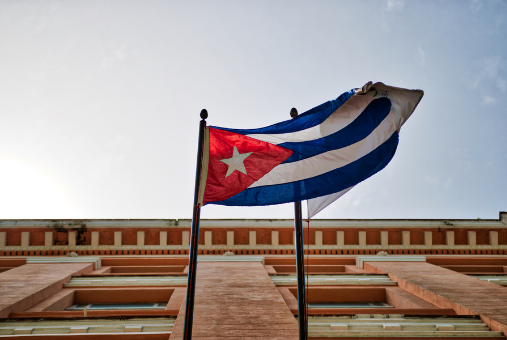
Seven journalists have been detained in Cuba following historic demonstrations throughout the island that started on July 11 amid food and medication shortages.
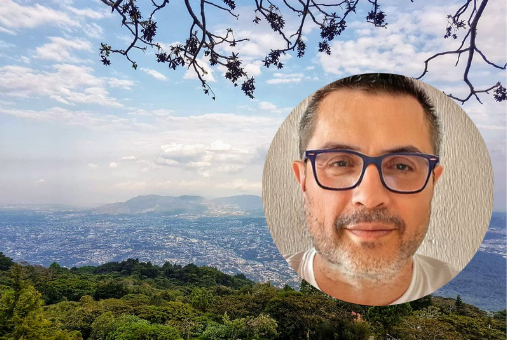
In what journalists and press groups say is an act against the free exercise of journalism in El Salvador, El Faro editor Daniel Lizárraga, of Mexico, has had his temporary work permit denied by the government.
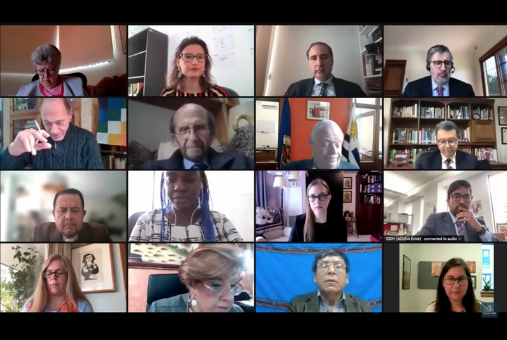
Two important cases for freedom of expression on the continent were heard during the most recent Period of Sessions of the Inter-American Court of Human Rights (I/A Court HR) that ended on June 25: one about community radios in Guatemala, and the other about of case of the newspaper El Universo in Ecuador.
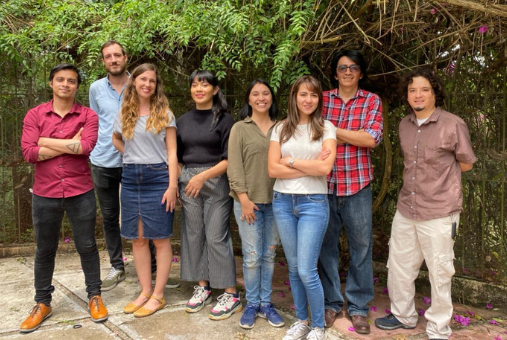
LatAm Journalism Review (LJR) spoke with representatives of three digital media in Guatemala, who spoke about the main challenges for doing investigative journalism in the country and also how they are innovating and investing in new narrative and business strategies

The recent resignation of a group of journalists claiming a violation of the Guiding Principles of their media outlet, as well as the subsequent dismissal of two producers from the América TV and Canal N channels has caused a scandal in which even the press council’s Ethics Court is involved.